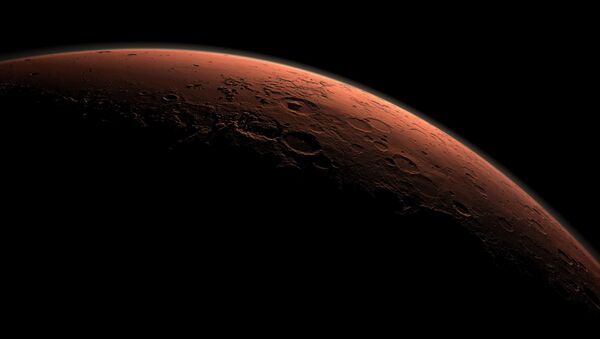On August 28, 2015, six volunteers began the experiment, in which they lied in complete isolation on the slopes of a dormant volcano, Mauna Loa, in the Hawaiian Islands. They lived together for 365 days and were limited in contact with the outside world.
“The research crew returned after a year of isolation,” reports the team’s official microblog.
The #HISEAS crew has emerged after a year in isolation! pic.twitter.com/7Y0eTUTwBs
— HI-SEAS (@HI_SEAS) 28 августа 2016 г.
For 12 months during the simulation, run by the University of Hawaii, participants lived in a specially-designed habitat similar to a dome. They could only leave the complex when wearing spacesuits.
LIVE on #Periscope: Inside the #hiseas habitat https://t.co/KMpRMymncE
— University of Hawaii (@UHawaiiNews) 28 августа 2016 г.
The experiment was conducted to study health and psychological problems that researchers could encounter during a future space expedition to Mars.
“It actually works. You can get water out of the ground, even if it seems dry at first glance. This will work on Mars, meaning astronauts will be able to get water on the red planet with the help of this small greenhouse construction,” said Heinicke.
Since 2013, American scientists have conducted four experiments to study the possible troubles that might occur during an actual expedition to Mars.
The NASA-funded study is the second- longest simulation mission so far; a similar Russian experiment lasted for 520 days.



